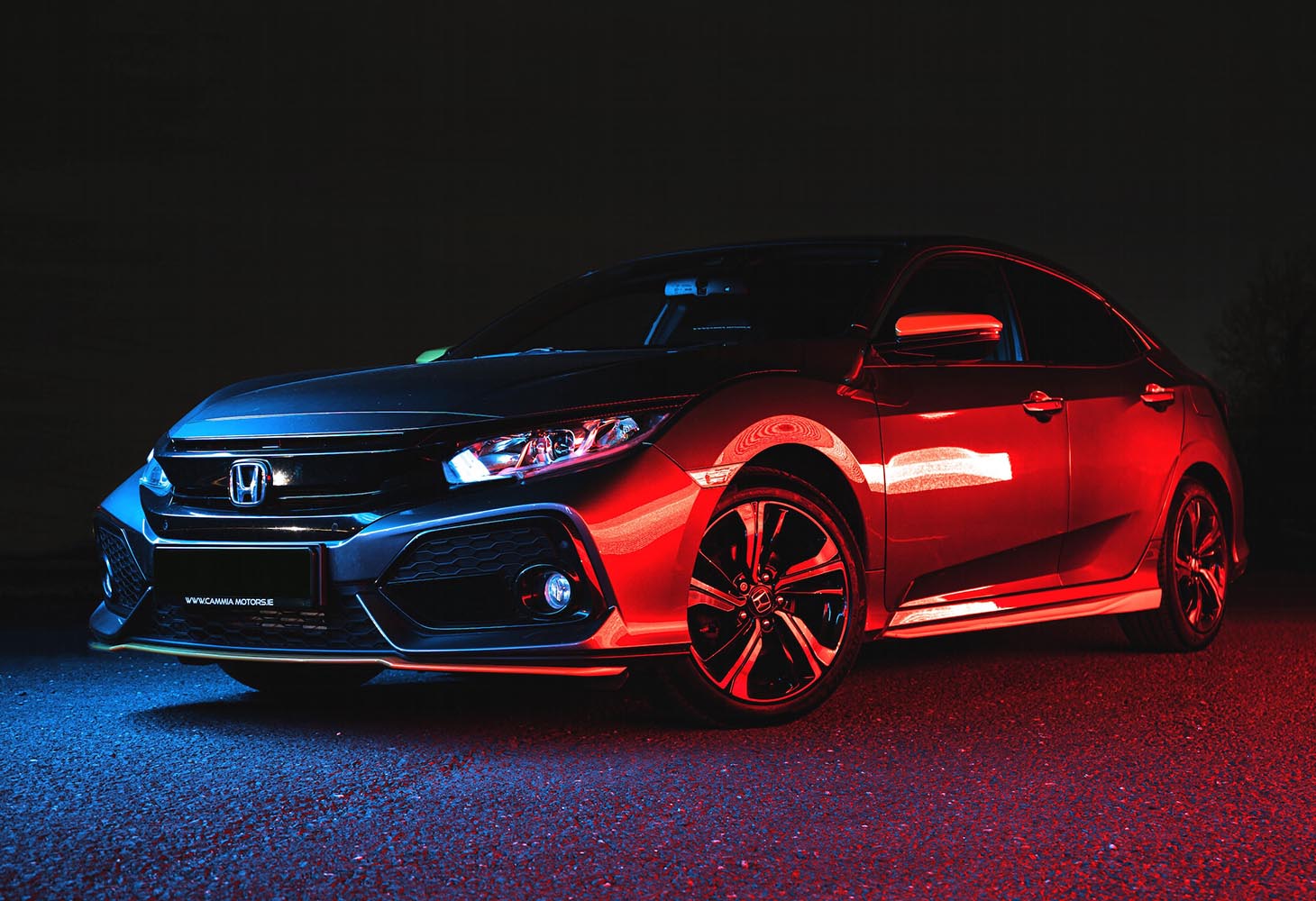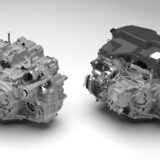
Honda Motor and GS Yuasa to form lithium-ion battery JV
Japanese automaker Honda Motor Co., Ltd. and GS Yuasa International Ltd., which manufactures and sells automotive batteries, industrial batteries, power supply systems, switchgear and other electrical equipment based in Kyoto, Japan, have agreed to collaborate on a high-capacity, high-output lithium-ion battery. The two companies will discuss specifics with the goal of establishing a joint venture company by the end of 2023.
In order to address the rapidly growing demand for electric vehicle (EV) batteries, the two companies reached this agreement to work toward the joint research and development of lithium-ion batteries and battery production methods that will be highly competitive in the global market, as well as the establishment of a supply chain for key raw materials and a highly-efficient battery production system.
“Based on our corporate philosophy of ‘Innovation and Growth,’ GS Yuasa has been taking on challenges to create energy technologies while amassing a broad range of knowledge and know-how related to batteries. Through this new collaboration with Honda, we will contribute to further diffusion of electric vehicles, offer enhanced comfort and peace of mind to customers worldwide and strive to create new value for the realization of carbon neutrality,” said Osamu Murao, president and representative director of GS Yuasa International Ltd.
“Honda is striving to realise carbon neutrality for all products and corporate activities Honda is involved in by 2050. Honda and GS Yuasa have already been working together on lithium-ion batteries for hybrid electric vehicles (HEVs), and this new collaboration will further accelerate Honda’s electrification strategies toward the achievement of our carbon neutrality goal,” said Toshihiro Mibe, director, president and representative executive officer of Honda Motor Co., Ltd.
Based on the agreement, the two companies will work toward establishing a joint venture company by discussing a broad scope of collaborations including the following:
- Research and development of a high-capacity, high-output lithium-ion battery, primarily for EV use, and the required production methods
- Establishment and management of intellectual properties including patents related to the joint research and development
- Planning for products that utilise technologies resulting from the joint research and development, and planning for the required sales channels
- Designing of an efficient production operation including the supply chain for key raw materials













